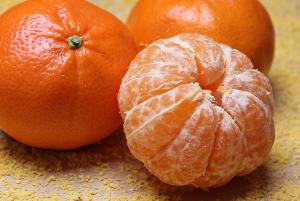What vegan protein powder is the best?
I started Athlegan by writing about vegan protein and how it’s no problem getting sufficient amounts. But we’re athletes and we want optimal amounts! Protein powder is one easy way of getting that.
The World Health Organization recommends 0.8 gram of protein per kilo lean body mass1 but a more optimal level for building muscle is ~2 g per kg23. Especially for weight loss and for women4.
So just how much food gives this optimal level of protein?
Table of contents
Let’s keep the math simple and assume you’re a 70 kg person with not a single gram of fat on your body. With 70 kg of lean body mass and if you strive for 2 g/kg, that’s 140 grams of protein per day.
That’s either one of:
- 467 g (2701 kcal) peanut butter
- 723 g (1338 kcal) taifun tofu
- 1.5 kg (1753 kcal) lentils
While I’ll never be one to turn down a scoop of peanut butter, I have to admit it’d be tough to eat half a kilo a day. Instead I’d rather limit it to a (heaped) scoop and supplement – with protein powder.
Protein powder nutrition
There are a few different types of vegan protein powders. The most common ones are soy protein, hemp protein, brown rice protein, and pea protein.
Depending on the brand they can contain various amounts of protein as well, ranging anywhere from 40 grams per 100 grams, to 80 grams per 100 grams. Check out the label before you buy!
Besides the amount of protein, its quality also varies between types.
A protein is nothing more than a chain of amino acids. Nine of these amino acids are essential to our bodies – we can’t produce them ourselves but have to get them from food. Some of them we need more of and some less.
This is the optimal distribution of amino acids:
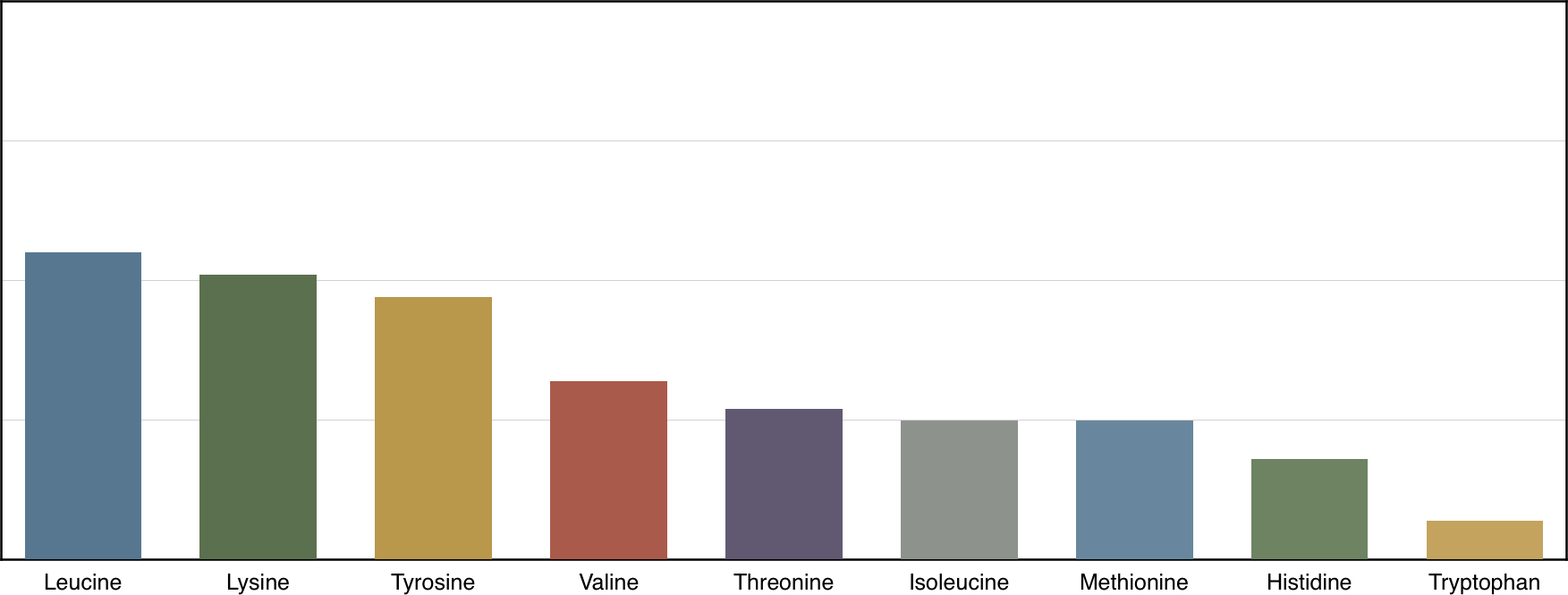
Lots of leucine, lysine, and tyrosone, not a whole lot of tryptophan, and an average of the remaining amino acids. If a protein hits all of those minimum targets, it’s called a complete protein.
Not that there’s anything bad with a protein having a lot of tryptophan (it’s quite a useful amino acid, I’ll have you know) but generally if something has more in one amino acid, it’ll have less of another.
Now let’s have a look at how the different vegan protein powders stack up to this ideal distribution.
Soy protein5
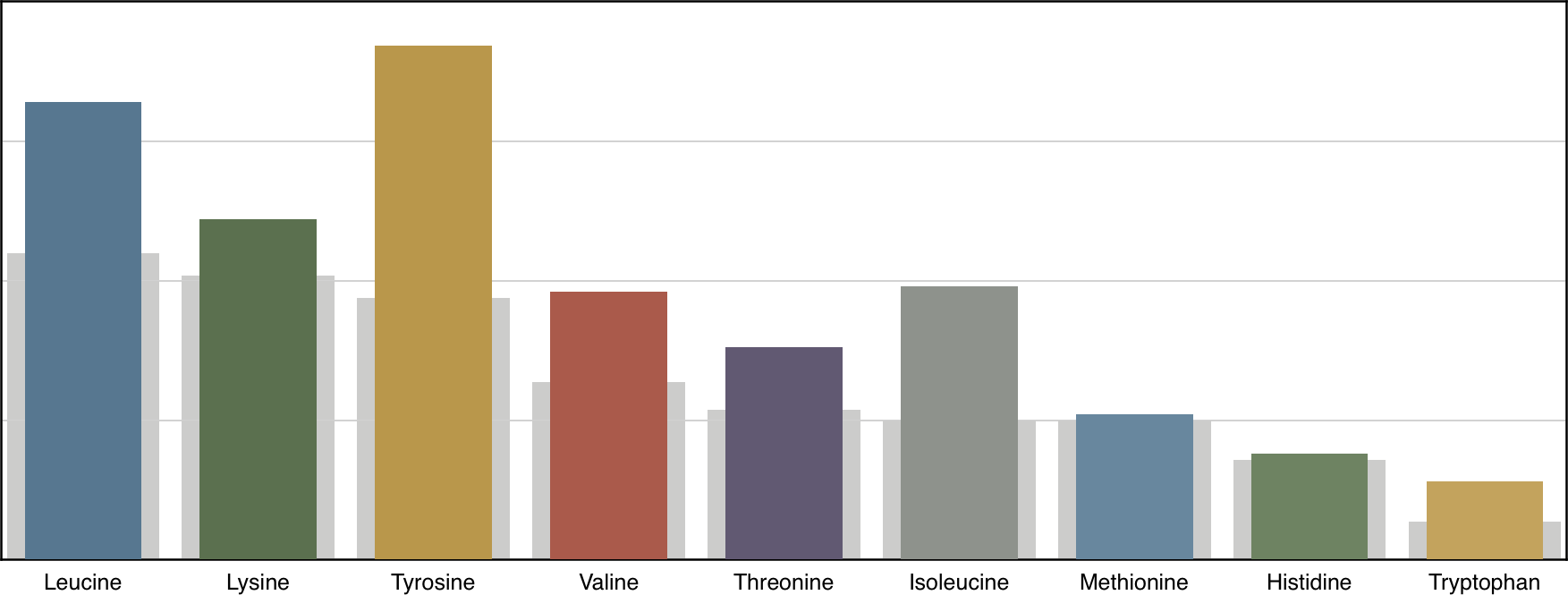
Hemp protein6
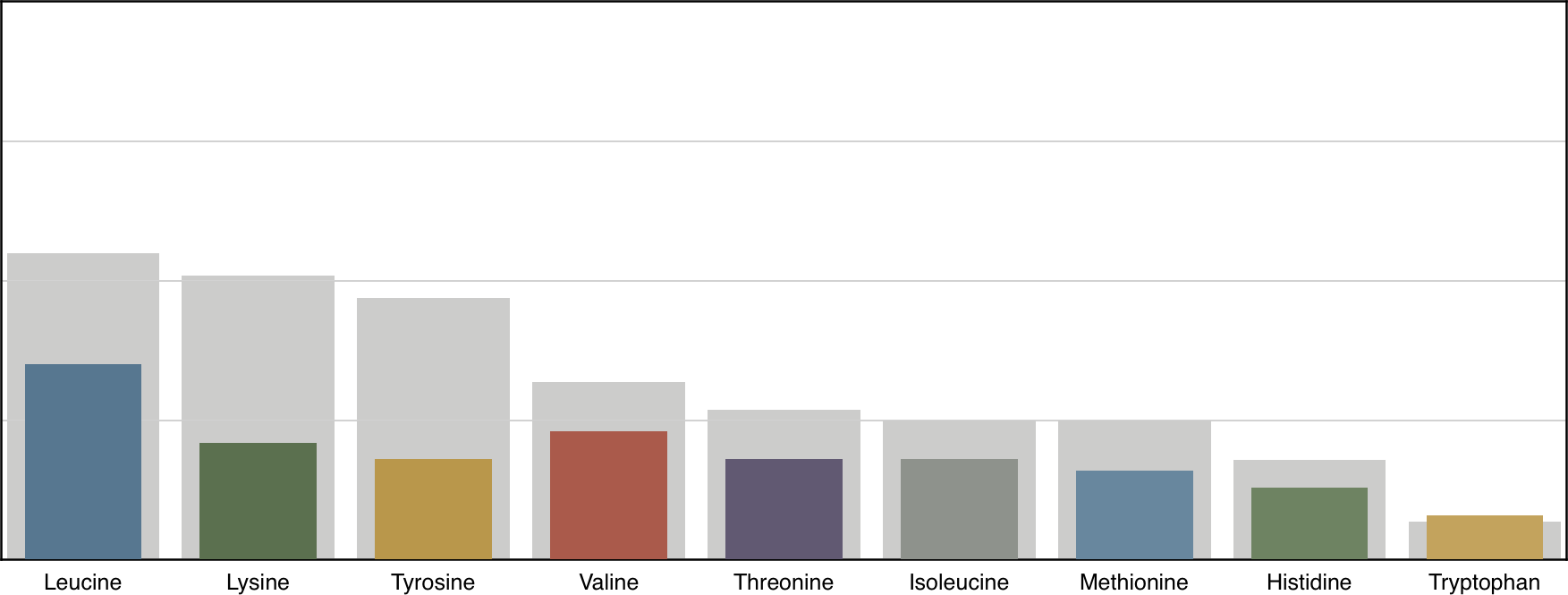
Rice protein7
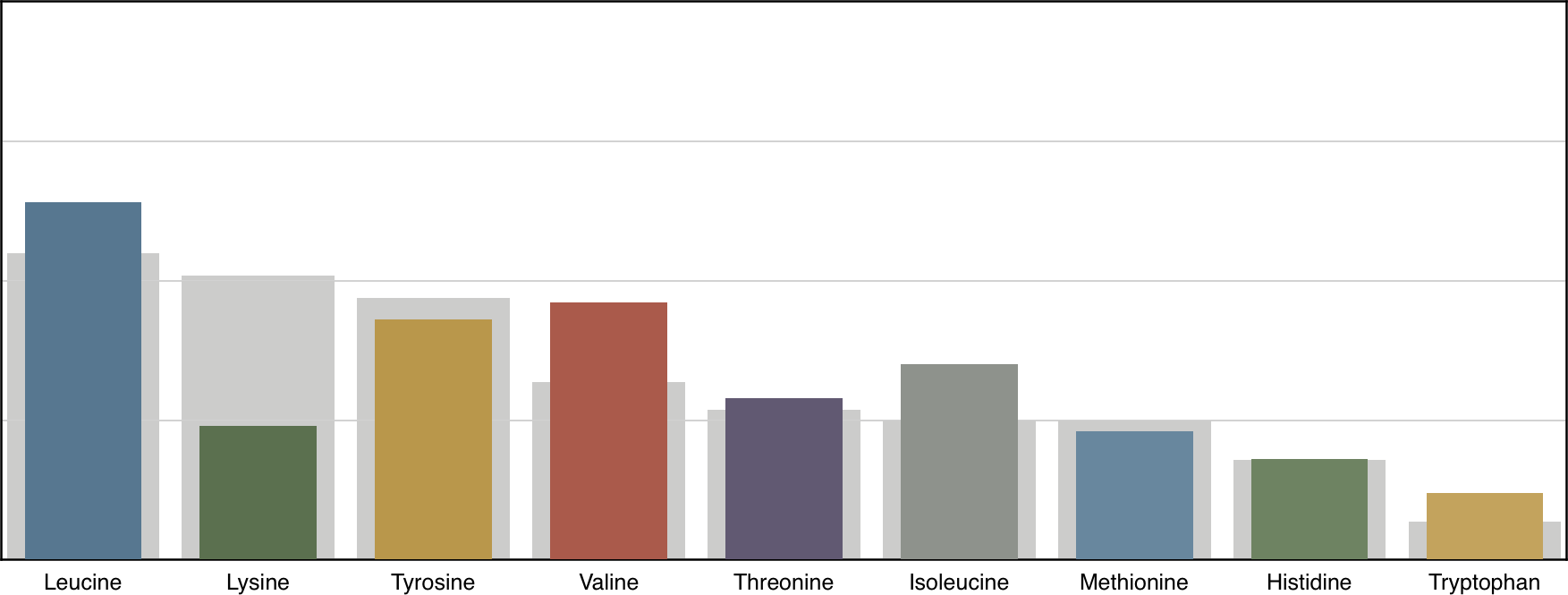
Pea protein8
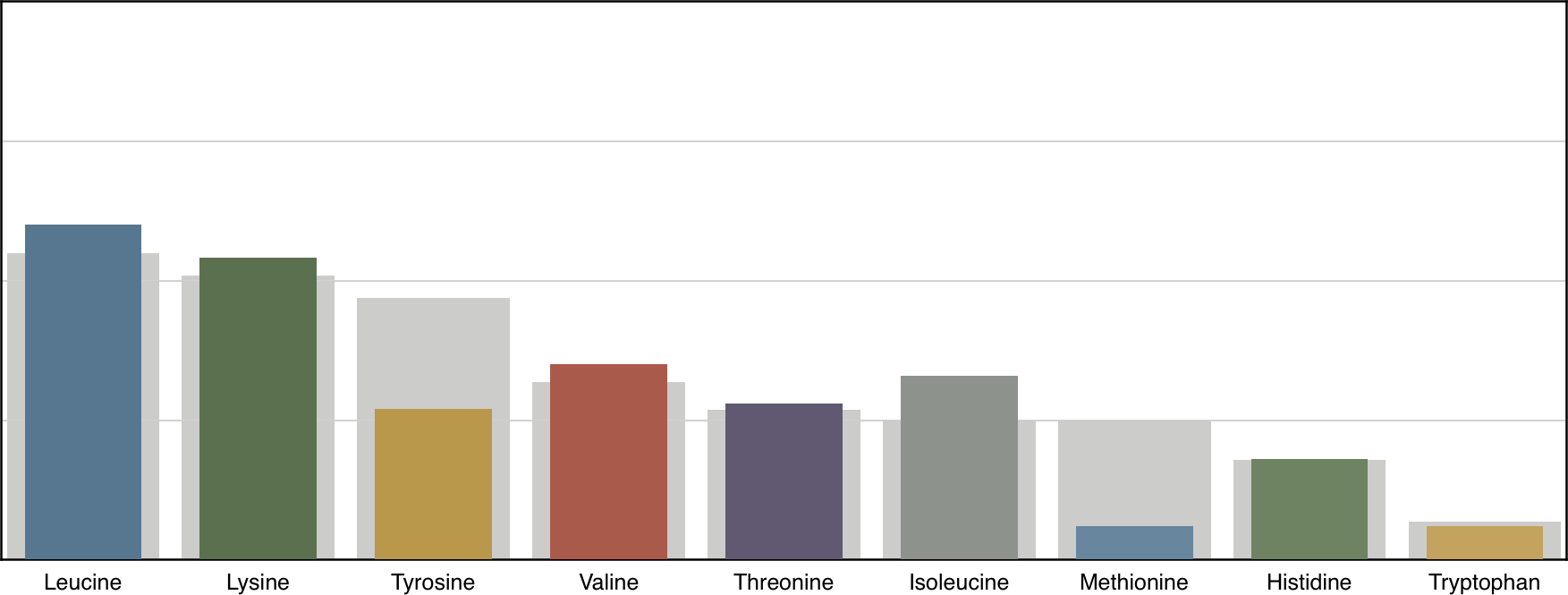
Which is the best vegan protein powder?
First, before we answer that, it’s worth keeping in mind that the difference between a bad protein powder and a good one will be minimal. You won’t suddenly put on another kilo of muscle just because you picked one powder over another.
Second, when it comes to growing muscle the most important amino acid is leucine. It acts as a signal for the muscle protein synthesis9 (kickstarts the gainz). You’ll need the other amino acids to be present, as building blocks, but they’re somewhat secondary to this process.
With that in mind, we can see that hemp protein powder isn’t all that good. It’s not a complete protein and it’s far from having enough leucine. There are better alternatives.
Soy protein is definitely a complete one. Just looking a these numbers it wins, hands down. I don’t use it myself but not because of the fear mongering (no, soy won’t give you manboobs and a limp dick). I simply dislike the consistency and taste – it’s too muddy and sweet for me.
My personal favorite is rice and pea protein both! They mix very well with no clumping and have no nasty taste. The unflavoured variants are perfect for adding to smoothies and similar.
Further, if you look at their amino acid profiles, you’ll see that rice is low on lysine, while pea has plenty of it. Pea on the other hand is low on tyrosine, which rice has much more of.
So I simply do the obvious – I buy a bag of each and I mix them. :)
Which is the best protein powder brand?
Let me start by saying, as clear as I can, that more expensive does not equal better. There are some ridiculous claims out there but protein is protein – there’s nothing magic about it. Just find one that tastes nice, is cheap enough to fit your monthly budget, and contains good protein.
I’ve personally tried many, many types and brands and these are my own favorites that I use:
Hey! We compare vegan protein powder a little differently here. Instead of arbitrary grades, we calculate three numbers based on hard data – Price, Potency, and Profile.
Price is cost per 100 grams of pure protein.
Potency is amount of protein per kcal.
Profile is amino acids completeness.
International Society of Sports Nutrition position stand: protein and exercise ↩︎
Evidence-based recommendations for natural bodybuilding contest preparation: nutrition and supplementation ↩︎
Effects of protein intake and gender on body composition changes: a randomized clinical weight loss trial. ↩︎
Evaluation of the protein quality of an isolated soy protein in young men: relative nitrogen requirements and effect of methionine supplementation. ↩︎
Amino Acid Composition of an Organic Brown Rice Protein Concentrate and Isolate Compared to Soy and Whey Concentrates and Isolates ↩︎
Enriching a protein drink with leucine augments muscle protein synthesis after resistance exercise in young and older men. ↩︎




